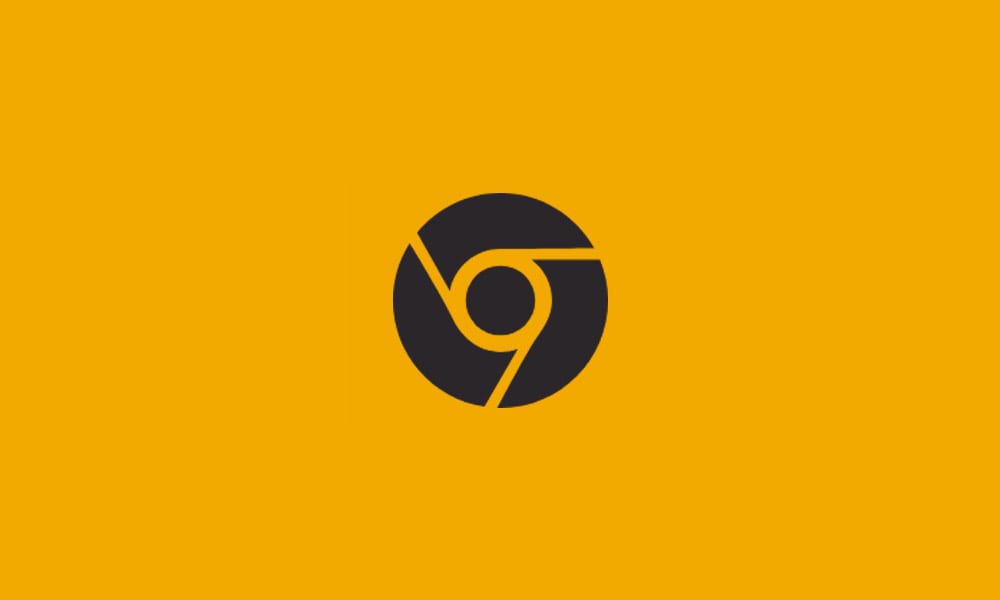The world’s most popular Internet browser, Google Chrome, is releasing an important update in the coming weeks. Starting with the public and stable release of Chrome update 68, the browser will show a yellow “warning” icon next to the URL of web sites which are not protected by a SSL cert, and when this icon is hovered over a “Not Secure” warning will be displayed. With over 53% of total browser market share, this update is sure to affect a wide swatch of users and websites.
Read the Google blog post here.
Not sure if your website will be affected by this change? Visit your site in a browser, and then look at the URL in the address bar. If your address begins with “HTTP” and not “HTTPS”, your visitors may start to see a warning when this update is released.
To get ahead of the curve on this, give us a call or send us an email – for $175 a year, we can purchase, coordinate, and install a fix for this issue for any DataYard hosting customers. Just another way we are here to help you make IT better.





